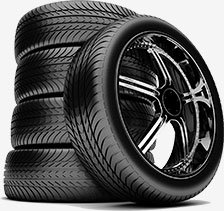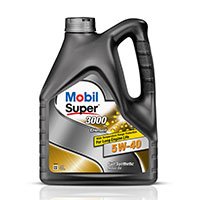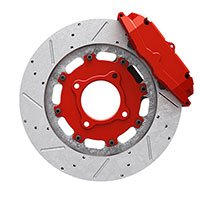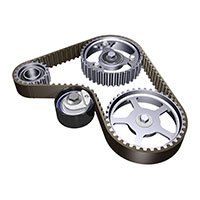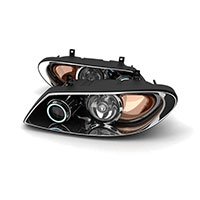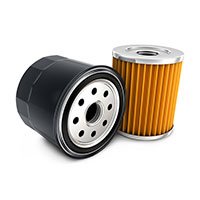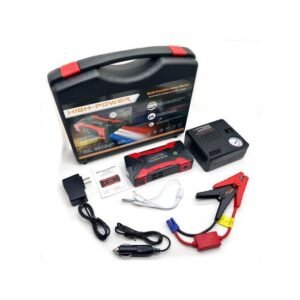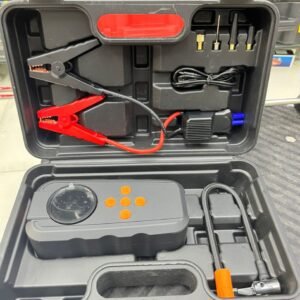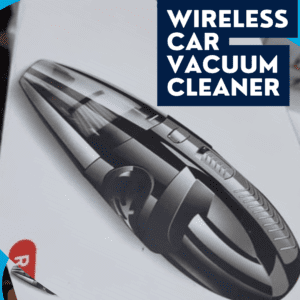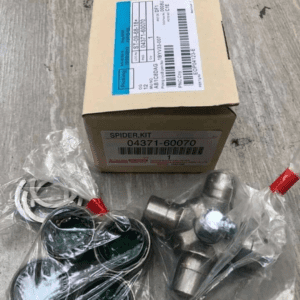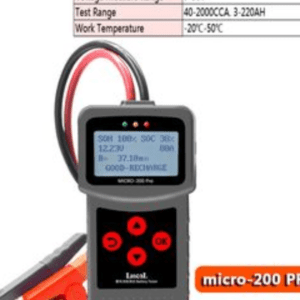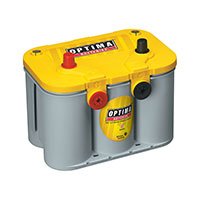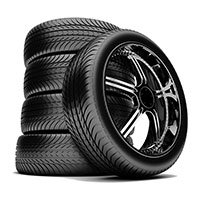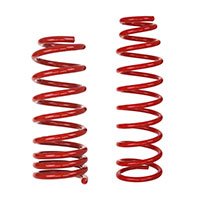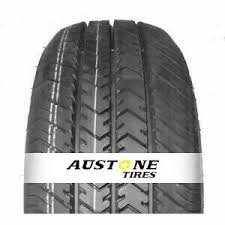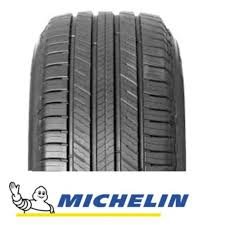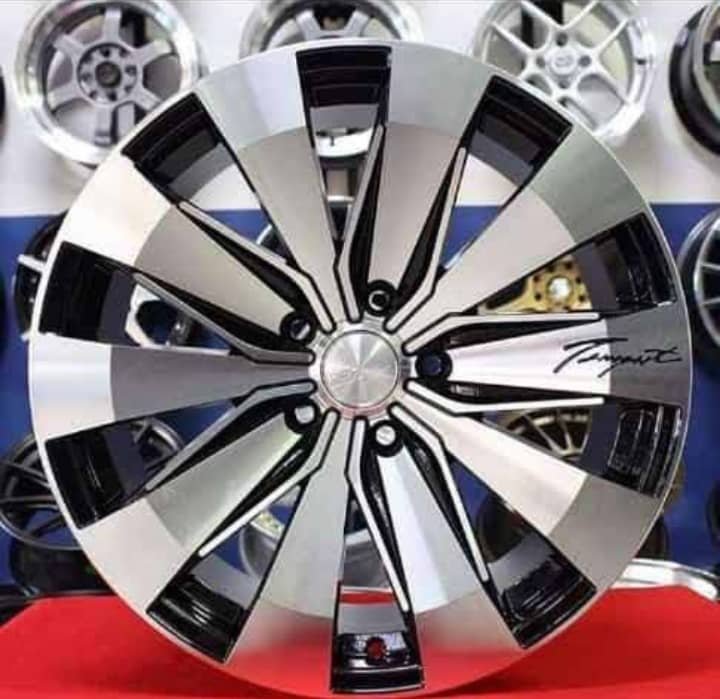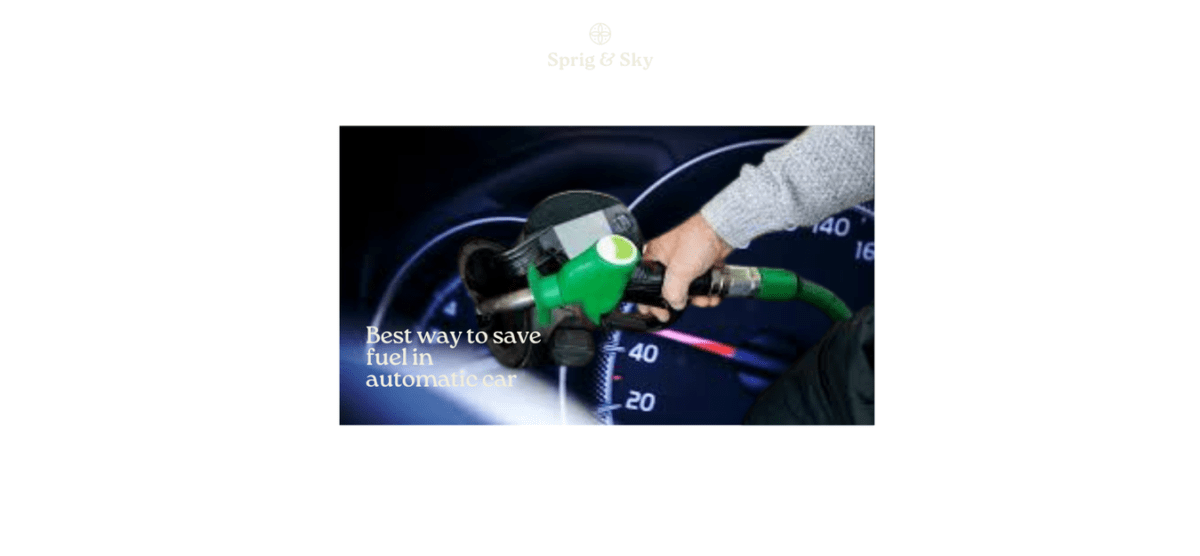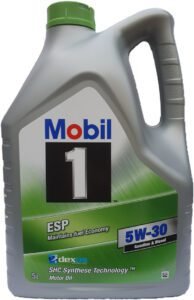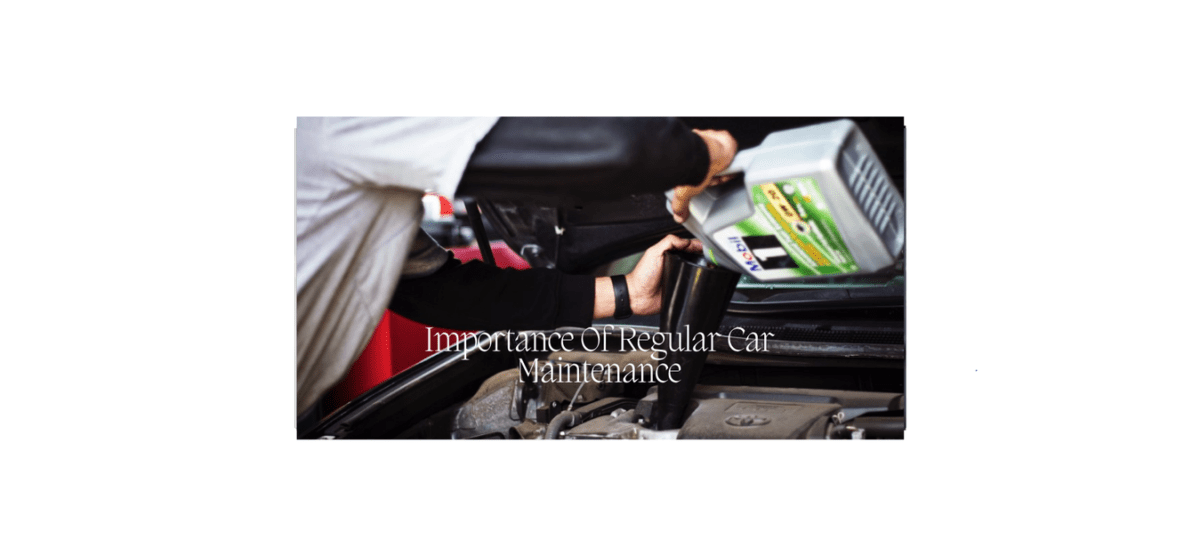Top Tips to Boost Car’s Fuel Efficiency
Introduction
Top Tips to Boost Your Car’s Fuel Efficiency
In today’s world, where fuel prices constantly fluctuate, maximizing your vehicle’s fuel economy is more important than ever. Whether you’re a daily commuter or a road trip enthusiast, implementing simple strategies can significantly reduce your fuel consumption and save you money. This guide provides top tips to boost your car’s fuel efficiency, helping you get the most out of every gallon.
1. Maintain Proper Tire Pressure
Proper tire inflation is crucial for optimal fuel efficiency. Underinflated tires increase rolling resistance, forcing your engine to work harder and consume more fuel.
- When tires are underinflated, they have a larger contact patch with the road, leading to increased friction.
- Check your tire pressure regularly (at least once a month) using a reliable gauge. Inflate your tires to the recommended pressure specified in your vehicle’s owner’s manual or on the sticker inside the driver’s side doorjamb.
- A car with tires underinflated by just 8 PSI can experience a 3-4% decrease in fuel economy.
2. Drive Smoothly and Avoid Aggressive Acceleration
Aggressive driving habits, such as rapid acceleration and hard braking, significantly reduce fuel efficiency.
- Rapid acceleration requires a surge of fuel, while hard braking converts kinetic energy into heat, wasting fuel.
- Accelerate gradually and smoothly, anticipate traffic flow, and avoid unnecessary braking. Maintain a consistent speed whenever possible.
- Studies show that aggressive driving can decrease fuel economy by as much as 30% on highways and 40% in stop-and-go traffic.
3. Reduce Idling Time
Idling consumes fuel without moving the vehicle. Even short periods of idling can add up over time.
- An idling engine burns fuel to keep the engine running and accessories powered.
- Turn off your engine if you anticipate being stopped for more than a minute. Modern cars start quickly and efficiently, making restarting more fuel-efficient than idling.
- Idling for just 10 minutes can waste as much fuel as driving for a mile.
4. Use the Correct Grade of Motor Oil
Using the recommended motor oil is essential for optimal engine performance and fuel efficiency.
The correct viscosity of motor oil reduces friction within the engine, allowing it to run more efficiently.
- Consult your vehicle’s owner’s manual for the recommended oil type and viscosity. Use synthetic oil if recommended, as it often provides better fuel economy.
- Using the wrong grade of motor oil can increase fuel consumption by 1-2%.

Mobil 1 Oil 5W30 ESPhttps://kctimoauto.com/product-category/oil-lubricants/engine-oil-treatment/
5. Keep Your Vehicle Properly Maintained
Regular maintenance, such as air filter replacements and tune-ups, ensures your engine runs efficiently.
- A clean air filter allows for optimal airflow into the engine, while properly tuned engines burn fuel more efficiently.
- Follow your vehicle’s maintenance schedule for regular servicing, including air filter replacements, spark plug changes, and fluid checks.
- A clogged air filter can reduce fuel economy by up to 10%.https://kctimoauto.com/what-is-the-importance-of-regular-car-maintenance/

6. Minimize Use of Air Conditioning
Air conditioning places an extra load on the engine, increasing fuel consumption.
- The air conditioning compressor requires power from the engine, which uses more fuel.
- Use the air conditioning sparingly, especially at lower speeds. Consider using the ventilation system or opening windows when possible.
- Using air conditioning can increase fuel consumption by up to 20%, especially in city driving.
7. Plan Your Trips and Combine Errands
Planning your trips and combining errands can reduce unnecessary mileage and fuel consumption.
- Combining multiple errands into a single trip minimizes cold starts, which are less fuel-efficient.
- Plan your route efficiently, consolidate errands into a single trip, and avoid peak traffic times.
- Combining several short trips into one longer trip can significantly improve fuel economy.
8. Reduce Excess Weight
Carrying unnecessary weight in your vehicle reduces fuel efficiency.
- The engine has to work harder to move a heavier vehicle, consuming more fuel.
- Remove any unnecessary items from your trunk and interior, such as sports equipment or unused cargo.
- Every 100 pounds of extra weight can reduce fuel economy by 1-2%.
9. Avoid Roof Racks and Cargo Carriers When Not Needed
Roof racks and cargo carriers increase aerodynamic drag, reducing fuel efficiency.
- These accessories disrupt airflow around the vehicle, increasing resistance and requiring more power to maintain speed.
- Remove roof racks and cargo carriers when not in use to improve aerodynamics.
- A roof rack can reduce fuel economy by up to 5%, while a loaded roof box can reduce it by up to 25%.
10. Use Cruise Control on Highways
Cruise control helps maintain a consistent speed on highways, improving fuel efficiency.
- Cruise control prevents fluctuations in speed, which can waste fuel.
- Use cruise control on flat highways to maintain a consistent speed and optimize fuel economy. Avoid using it in hilly terrain.
- Using cruise control on highways can improve fuel economy by up to 15%.
Conclusion
By implementing these simple yet effective tips, you can significantly boost your car’s fuel efficiency, save money on fuel costs, and reduce your environmental impact. These practices, from maintaining proper tire pressure to planning your trips efficiently, contribute to a more economical and sustainable driving experience. Remember, even small changes in your driving habits can make a big difference in the long run.


